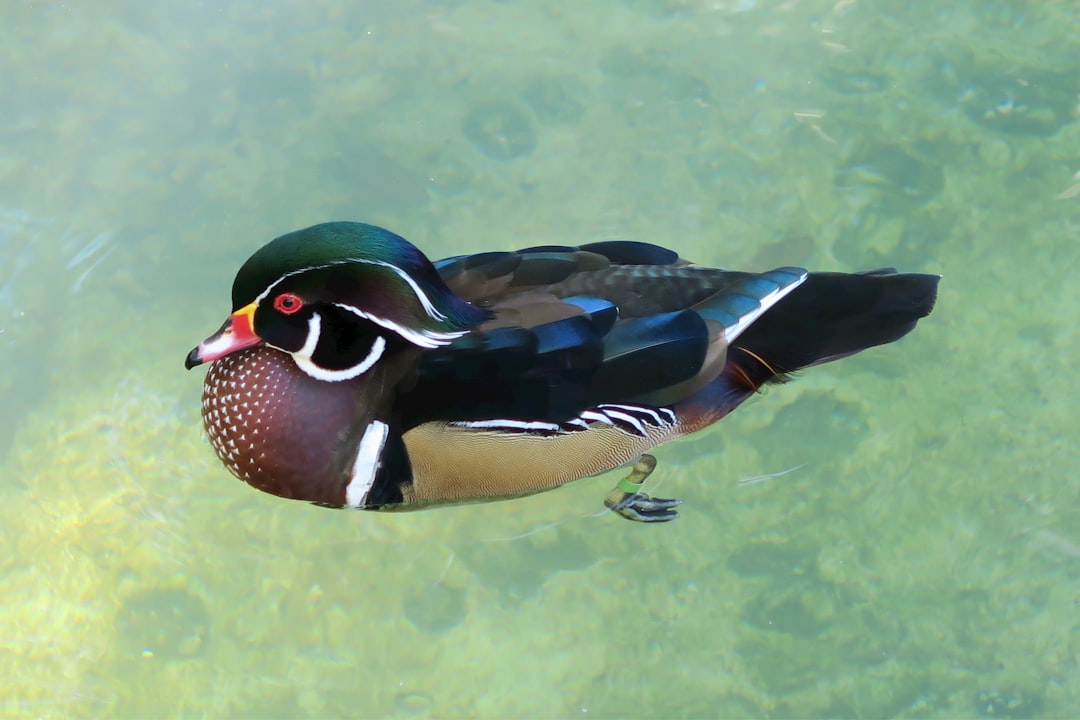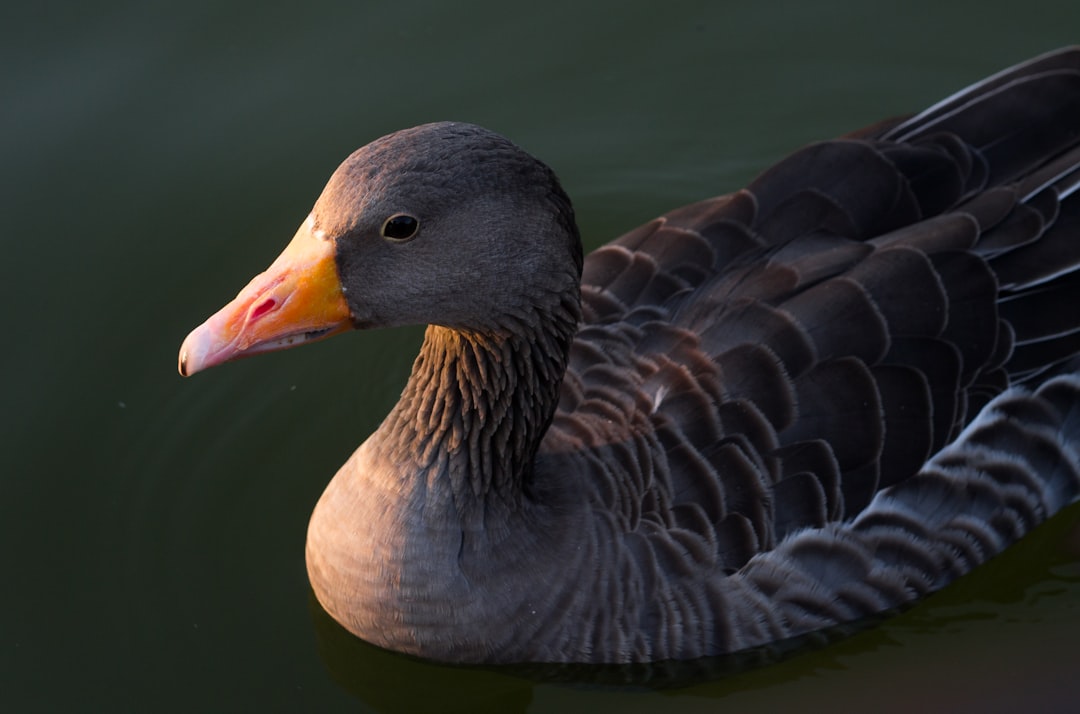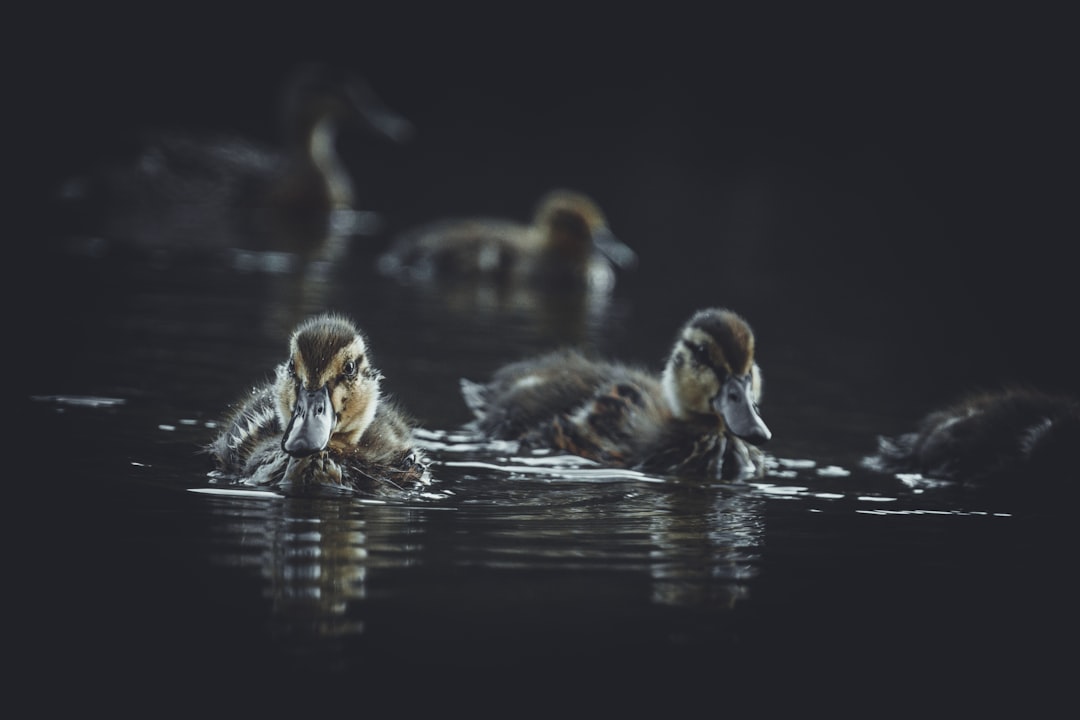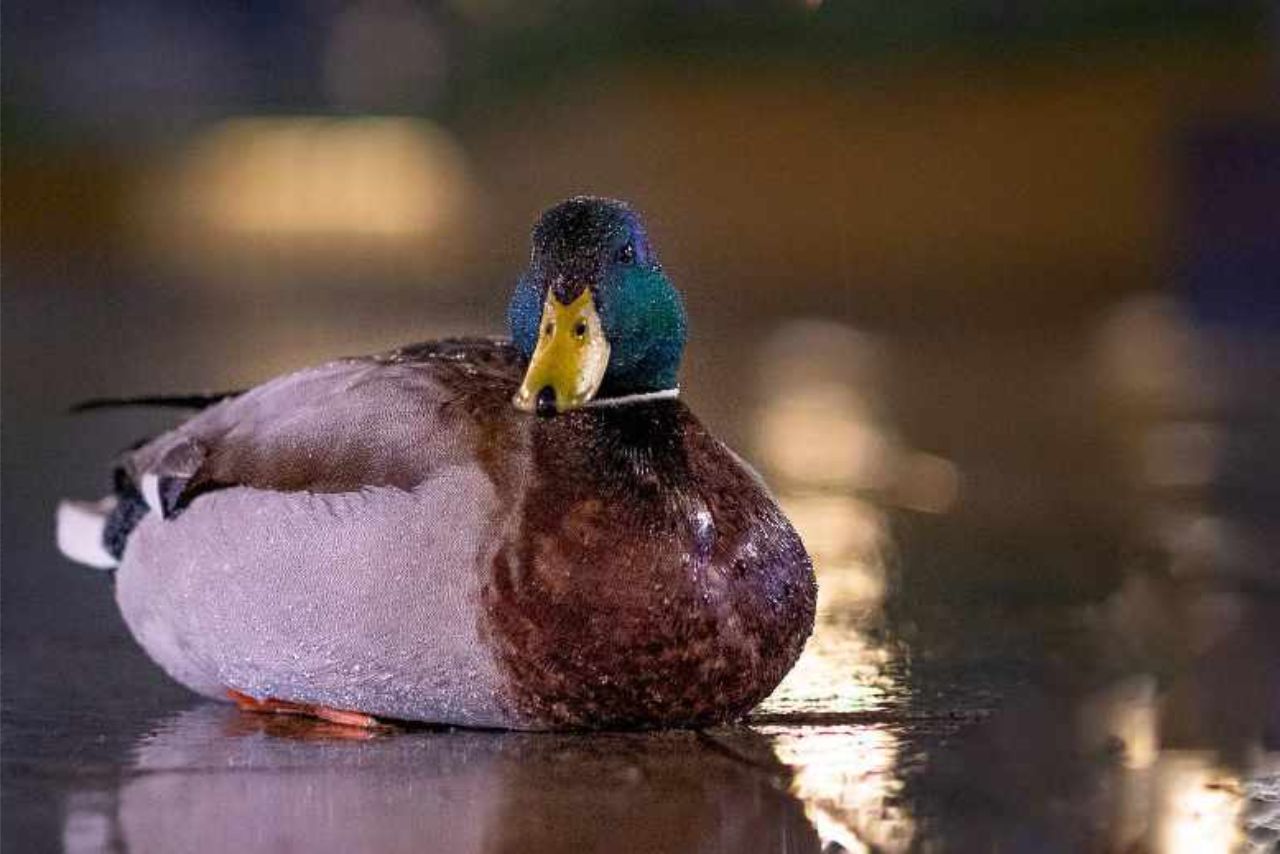Ducks are fascinating creatures that have adapted to living in different environments, both on land and in water. One aspect of their lives that is often overlooked is their vision.
Many people wonder What Colors Do Ducks See and how their vision differs from humans.
In this article, we will explore the topic of what colors ducks see and gain a better understanding of how they perceive the world around them.
Whether you are a bird enthusiast or simply curious about the world of ducks, this article will provide valuable insights into these amazing creatures.
Ducks have a unique vision system that allows them to see colors differently from humans.
They have a greater number of cone cells in their eyes, which allows them to see a wider range of colors, including ultraviolet light.
They can distinguish between colors that appear similar to humans, such as green and yellow.
However, they have difficulty seeing reds and oranges, which appear as shades of brown or gray to them.
This ability to see ultraviolet light is especially useful for ducks when it comes to identifying food sources or finding a mate.
The Anatomy Of Duck Eyesight
The anatomy of duck eyesight is also unique. Ducks have large eyes that are positioned on the sides of their head, giving them a wider field of vision.
This allows them to see predators approaching from different angles and helps them to avoid danger.
They also have a nictitating membrane, or third eyelid, that protects their eyes while they swim underwater or fly through dense vegetation.
Rod And Cone Cells In Ducks
The rods and cones in ducks’ eyes are also different from those in humans. They have more rods than cones, which means they have better night vision but poorer color vision in low light conditions.
This allows them to navigate through their environment even when it is dark outside.
Overall, the unique vision system of ducks is a fascinating aspect of their biology. It has allowed them to thrive in a variety of environments, from the arctic tundra to tropical rainforests.
What Does A Duck’s Vision Look Like?
It is difficult for humans to imagine what a duck’s vision actually looks like. This is because their brains process visual information differently from ours.

Ducks have an additional receptor for ultraviolet light, which allows them to perceive UV reflections from feathers and other surfaces that are invisible to humans.
This is particularly useful for identifying potential mates or spotting predators camouflaged in foliage.
Furthermore, due to the placement of their eyes on the sides of their heads, ducks have a 340-degree field of vision, allowing them to keep an eye out for danger while they swim and feed.
This visual advantage makes it easier for them to survive in their natural habitats and avoid becoming prey themselves.
The Importance Of Color Perception For Ducks
Color perception is crucial for ducks, as it helps them to navigate their environment and find food.
For example, they can distinguish between different shades of green in vegetation, which allows them to locate plant material that is rich in nutrients.
They can also detect the iridescence of feathers, which can be an indicator of a healthy mate during mating season.
In addition to their color vision, ducks also have excellent motion detection abilities.
This enables them to quickly identify potential threats and flee if necessary. Their unique vision system has made them successful hunters and has allowed them to avoid danger in the wild.
Importance Of Vision For Locating Food
The importance of vision for locating food cannot be overstated for ducks.
Their unique vision system allows them to identify different types of food based on color and texture.
For example, they can distinguish between insects and seeds on the ground or underwater vegetation while swimming. This ability to locate food quickly and efficiently is essential for their survival.
Importance Of Vision For Avoiding Predators
Furthermore, the vision system of ducks is also crucial for avoiding predators.
A wider field of vision and superior motion detection abilities enable them to detect potential threats from a distance and take evasive action.
Their ability to see different shades of colors also helps them blend in with their environment, making it harder for predators to spot them.
In summary, the color perception and unique vision system of ducks play a vital role in their survival.
It enables them to locate food efficiently, identify healthy mates during mating season, avoid danger from predators, and adapt to diverse environments.
Have Duck’s Good Eyesight?
Yes, ducks have excellent eyesight.

Their unique vision system allows them to perceive colors differently from humans, and they have superior motion detection abilities and a wider field of vision that make it easier for them to detect potential threats.
In addition, they have more rods than cones in their eyes, allowing for better night vision.
Ducks also have the ability to adjust the shape of their lenses to focus on objects at different distances.
This enables them to see clearly both in air and underwater while hunting for food.
What Colors Can Ducks See?
Ducks have the ability to see a wider range of colors than humans can.
They are able to see colors in the ultraviolet spectrum, which is beyond our visible spectrum.
This allows them to find food sources that are not easily visible to humans and also navigate through their environment with ease.
Ducks have a complex vision system that has evolved over time and helped them adapt to different environments.
Their unique ability to perceive colors differently from humans has allowed them to thrive in various habitats around the world.
What Colors Do Ducks Cannot See?
While ducks can see a wider range of colors than humans, there are some colors that they cannot perceive.
These include the colors on the red end of the spectrum, as well as some shades of green and yellow.
This is because ducks have fewer color receptors in their eyes than humans do, which limits their ability to distinguish certain colors.
However, this does not seem to negatively affect their survival, as they can still navigate their environment and find food effectively.
Can Ducks See In The Dark?
Ducks have more rods than cones in their eyes, which allow for better night vision.

This means they can see in low-light conditions better than humans can. However, their vision is still limited in complete darkness.
In summary, while ducks cannot see in complete darkness, they have exceptional vision that allows them to adapt and thrive in diverse environments.
Can Ducks See Underwater?
Yes, ducks can see underwater. In fact, they have a special adaptation that allows them to do so.
Their eyes have a third eyelid called the nictitating membrane, which acts as a built-in pair of goggles.
This membrane covers their eye while also allowing them to see underwater without any distortion.
Ducks use this adaptation to locate food such as aquatic plants and invertebrates in rivers, lakes, and ponds.
By being able to see clearly underwater, they are able to find food sources that other animals may not be able to detect.
What Causes Blindness In Ducks?
Blindness in ducks can be caused by a variety of factors, including infections, diseases, and injuries.
Some common causes of blindness in ducks include eye infections such as avian influenza and botulism, injuries from predators or collisions with objects, and exposure to toxic substances like pesticides.
Additionally, some duck species are prone to inherited eye conditions that can lead to blindness over time.
For example, Muscovy ducks are known to develop cataracts as they age, which can impair their vision and eventually lead to blindness.
Blindness can have serious consequences for ducks, as it can make them more vulnerable to predators and less efficient at finding food.
Can Ducks Recognize Human Faces?
While ducks have been shown to have some ability to recognize individual humans, this is not a skill that comes naturally to them.
Instead, they must be trained through repeated exposure to specific human faces.
In one study, ducks were able to recognize and distinguish between pictures of familiar and unfamiliar human faces after being shown these images repeatedly over several days.
However, this recognition did not extend to other humans or even other animals with similar physical features.
Wrap Up:
What Colors Do Ducks See? Ducks have an incredible visual system that has evolved over time to allow them to thrive in diverse environments.
From their ability to see in low-light conditions to their unique adaptations for underwater vision, these birds are truly remarkable.
While they cannot see in complete darkness and may experience blindness due to various factors, they continue to adapt and survive with the help of their flock mates.
While ducks may not be able to naturally recognize human faces, they have still captured our hearts with their charming personalities and impressive abilities.
By understanding how these amazing creatures see the world around them, we can gain a deeper appreciation for nature’s complexity and diversity.
FAQs
What colors can ducks see?
Ducks have a range of color vision that allows them to perceive a wide spectrum of hues, including red, green, and blue.
Do ducks see colors differently than humans?
Yes, ducks have more sensitive color receptors in their eyes than humans, which allows them to distinguish between subtle differences in color that we may not be able to see.
Can ducks see ultraviolet light?
Yes, ducks can see ultraviolet light which is invisible to the human eye. This ability helps them navigate through their environment and find food sources effectively.
Are there any colors that ducks cannot see?
Ducks are not able to distinguish between some shades of red and orange that may appear as one color to them due to their limited sensitivity to long-wavelength light.
How does the ability to see colors benefit ducks in the wild?
The ability to perceive a wide range of colors helps ducks identify potential predators and mates, locate food sources more efficiently, and navigate through their environment with ease.




